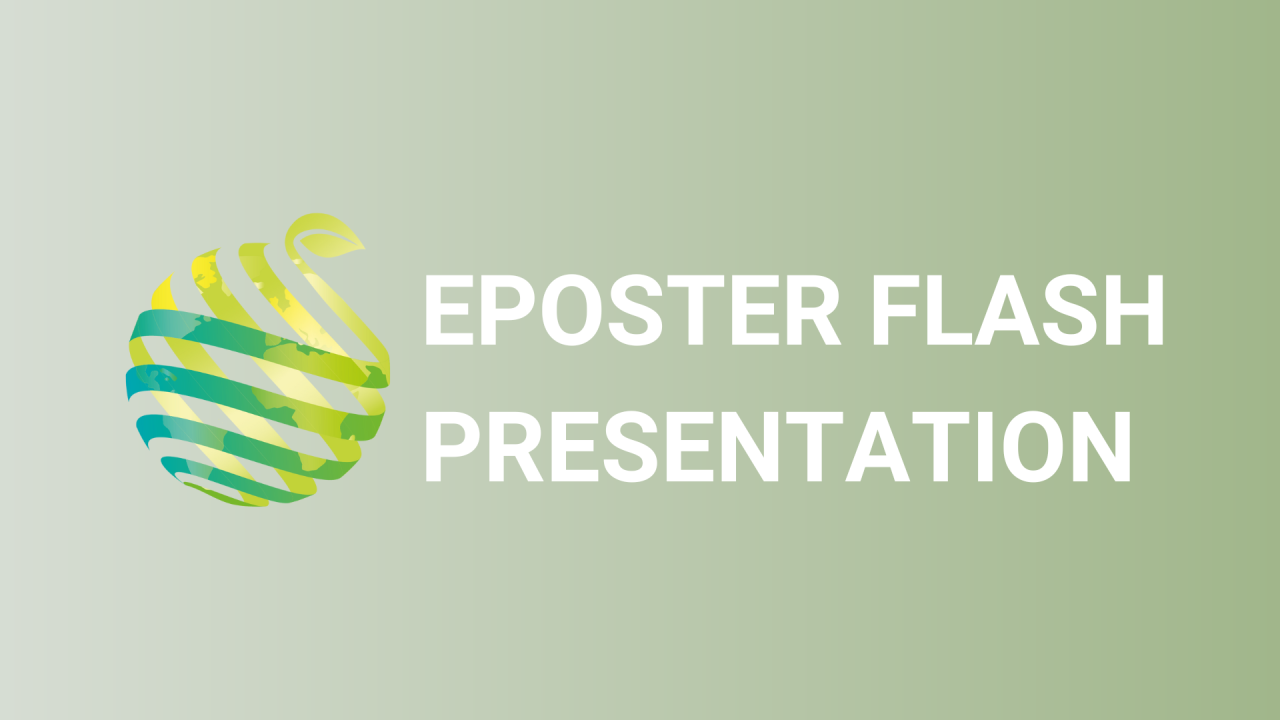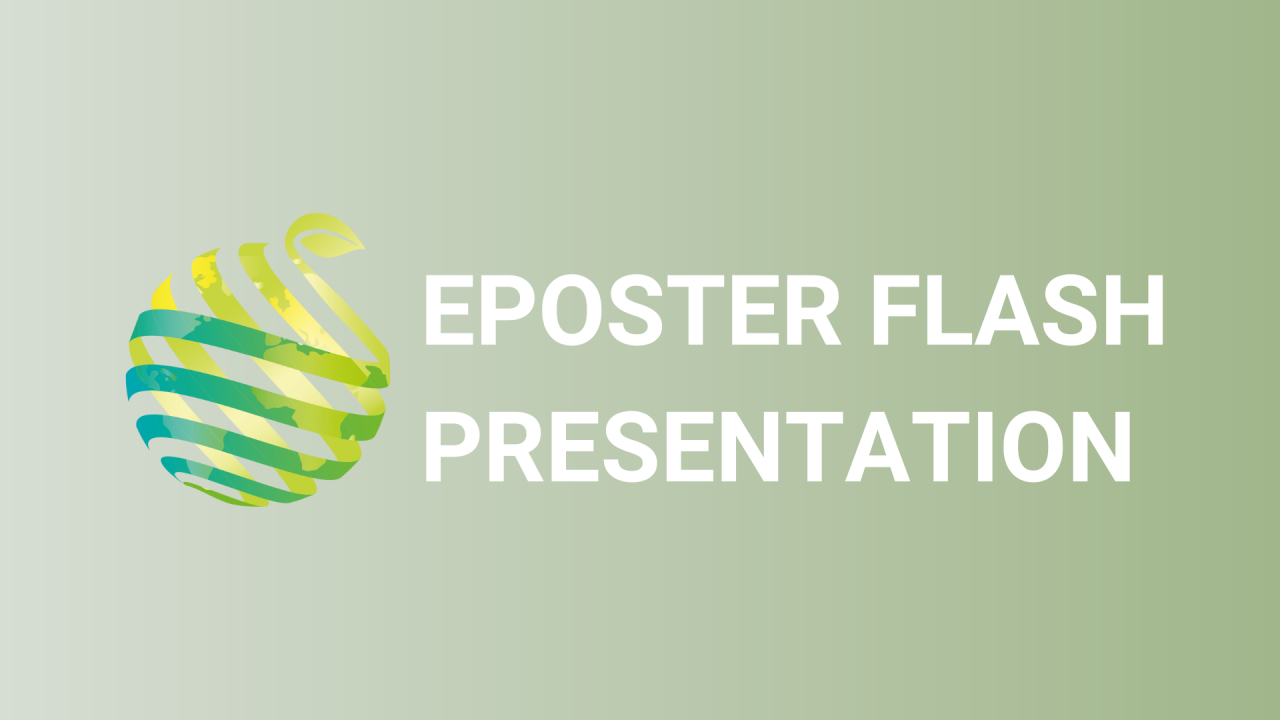

S15 - Session P2 - Composting as a nature-based solution for cope with circularity challenges in horticulture; studies of nitrification within composting and the use of these composts in sustainable horticulture
Information
Authors: Rafaela Cáceres *, Carmen Biel, Carlos Ortiz
Catalonia is one of the NUTS 2 regions within the EU with highest livestock density, very close to Nord-Brabant (the Netherlands), West-Vlaanderen (Belgium), Bretagne (France) or Lombardy (Italy). The livestock sector is mainly oriented to pork production, although dairy, cattle and poultry farms are also important. Therefore, the appropiate management of manure, specially liquid manure, it has become a challenge for a sustainable farming. To solve part of that issue, the treatment of manure is being developed and implemented, and the solid-liquid separation is widely used because of its simplicity and the good results obtained. The liquid fraction can be applied in fields near the farms, while the solid fraction can be transformed into a stable product and then transported to other areas with high compost demand like horticulture fields. In the framework of the LIFE AGRICLOSE project, a pilot and on farm scale trials have been conducted by composting solid fraction of pig slurry with locally available bulking agents. Both types of experiments obtained similar results. Nitrification of the ammonia-N has occurred during the curing phase of the composting, and as a consequence of this natural process, slight acidification has also been measured. Part of the produced compost has been applied to check its effect in one rotation of horticultural crops (spinach, onion and cauliflower) planted outdoors in the ground. Compost supply at a dose of 50 kg N/ha had positive effects on spinach, onion, and cauliflower compared to non-compost treatments plants. However, no significant differences were found between compost and non-compost treatments when mineral N fertigation was applied. The use of compost increased the soil nitrate-N content after two crop rotations, but decreased after the cauliflower crop. This study highlight the need of linking composting and agronomy studies to promote circular horticulture.